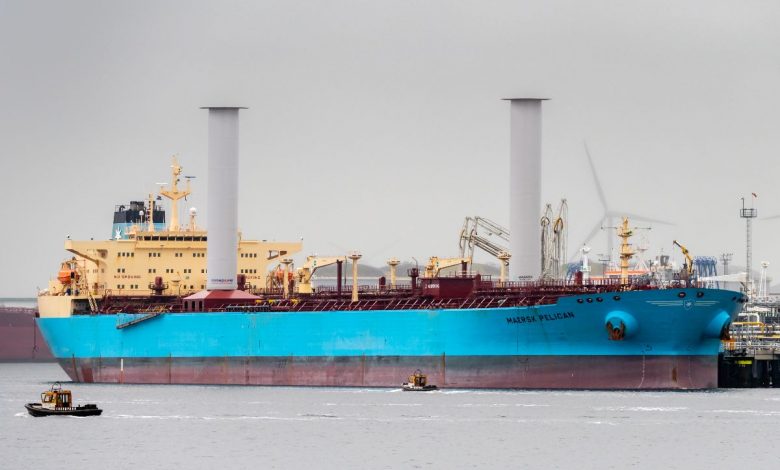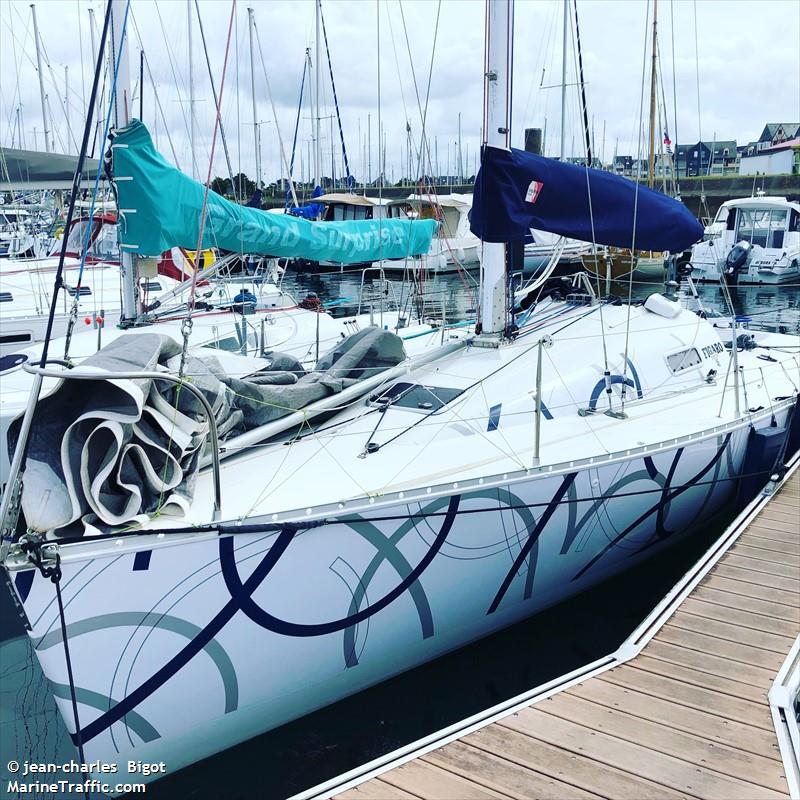Maersk Tankers hails ‘real breakthrough’ with 8.2% fuel savings from landmark wind project

Norsepower, together with project partners Maersk Tankers, Energy Technologies Institute (ETI) and Shell International Trading and Shipping Company, today announced the trial results of two Norsepower Rotor Sails onboard the Maersk Tankers product tanker, Maersk Pelican, as interest in wind power for the merchant fleet hits new highs.
The rotor sails are large, cylindrical mechanical sails that spin to create a pressure differential, the Magnus Effect, that propels the vessel forward; in this instance a Maersk Tankers’ Long Range 2 (LR2) product tanker vessel. The rotor sails deliver auxiliary wind propulsion to the vessel – which have operated in conditions ranging from tropical climate to arctic conditions in Europe, Middle East, Asia and Australia – resulting in the optimisation of energy efficiency and a reduction in fuel consumption.
The rotor sails were installed onboard Maersk Pelican in August 2018. As part of the test, the aggregated total fuel saved from September 1 2018 to September 1 2019 was 8.2% savings. This is equivalent to approximately 1,400 tonnes of CO2.The savings were confirmed by comparing detailed performance information to a baseline established with full scale measurements and computational analysis done for the vessel prior the Rotor Sail installation.
Independent experts from Lloyd’s Register’s (LR’s) Ship Performance Group have analysed and validated the performance data during the project to ensure an impartial assessment. In addition, technical and operational insights for performance studies will also be published.
“We see wind technology as one of the technologies that can give us a real breakthrough in reducing CO2 and help us achieve our emission-reduction target of 30% by 2021. We will closely follow the development around the financial and commercial viability of the technology for potential future installations on some of our other larger vessels, while we have decided that Maersk Pelican will continue to sail with the rotor sails,” said Tommy Thomassen, chief technical officer at Maersk Tankers.

 , as interest in wind power for the merchant fleet hits new highs.
, as interest in wind power for the merchant fleet hits new highs.